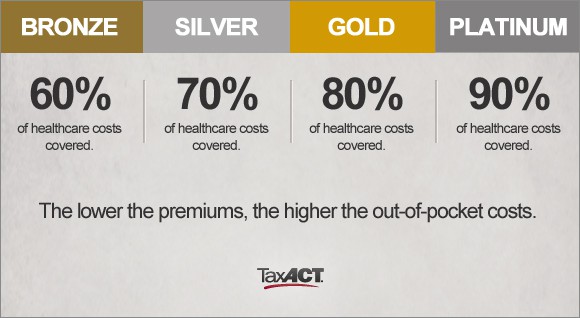7 Pitfalls of personal spending and how to avoid -

Regarding expenditure control, sometimes everything seems to be against us. There are so many ways to spend money -. And so many reasons, it is hard not to
It is possible to take control of your spending, however. Many people have done
Take a look at these personal spending pitfalls and how you can avoid :.
dimed to death
problem :. small expenses add
Some people seem to leave a trail of money behind them throughout the day, starting with a latte or two in the morning, one at noon magazine and mints, and take away the evening.
If you have a good cafeteria at work, you easily spend $ 10 or more, without leaving work. That's hundreds of dollars per month, but it never seems like you are really spending much
Solution: .. Give yourself an allowance for "strolling"
Consider putting the amount you want to spend for the month in an envelope or special wallet, and when he left, he left.
Stop using your debit or credit card for minor purchases. You are more likely to notice how much you spend if you hand over real money
Spending to impress
Issue :. You are trying to maintain. with friends who are big spenders
they drop brand names like other drop names, and they consider themselves upper class consumers - even if they can not really afford it. You are going broke trying to keep
Solution: .. Get new friends
This may be drastic, but at least you can try to make some good friends to the land that you do not feel like the "poor boy" if you spend less than $ 500 on a handbag.
Another solution is to just be honest with your friends. Admit that you can not afford lunch in this advanced restaurant. Chances are, you're not the only one who would be relieved if the group went somewhere more reasonable
Murphy has done
Issue :. According to Murphy's Law, whatever can go wrong, will
The car breaks down, you get a ticket for speeding, and your cell phone dies -. while one month. What good is a budget when you have to spend money on unforeseen expenses
Solution:. Expect the unexpected
There is no way most people can pay large unforeseen expenses on their monthly budgets. This does not mean that it is useless to make a budget.
Build an emergency fund just for these types of expenses, so as not to ruin your spending plan every time they occur.
Not every "emergency" needs immediate financial correction. Unless you are a seller on the outside, you might be able to go out without a mobile phone until you can afford a new one.
You may be able to borrow a tool or device, or to get along without it.
repetitive loads
problem :. you signed up for Internet services, magazine subscriptions and other services being
Sometimes you do intend to use the trial subscription, but you forget to cancel so it is always on your credit card statement a year later. Other recurring charges do not seem very big, until you consider how much they add to the months and years
Solution: .. Make a list of your monthly recurring charges and other
There may be a wake up call just to see how many things you pay for month after month. immediately cancel all you do not use, and try to limit the number of things you pay for each month.
Keeping your subscription list from now. And be sure to read your credit card statement each month
larger purchases
Issue :. You pinch pennies every month, but you own no house or car you can offer. You're in trouble before you start
Solution: .. Never, never spend the amount of money a seller or lender says you can afford
The amount they usually tell you "qualify" to spend is far too often. Make your own budget, and stick to it. Tweet this

When buying a car, the safest way to avoid overspending is to pay cash. If you are seeking payment amounts, it is easy to spend five or ten thousand dollars more on a car that you wanted.
So, save and buy a used car, then start saving for a better one. If you want
The difference between a comfortable and another perpetually tight budget often if you have car payments
Irresistible sales
problem :. When people are raised to be thrifty and save money, thriftiness that can actually make sensitive overspending.
a sale may seem like a bargain, so they buy things they do not need, or do they never will use. Sound familiar
Solution:. Do not give up sales quite
When the cans are sold, the additional purchase is intelligent. Before buying anything on sale, however, ask yourself if you want to buy, if it were not for sale.
At the grocery store, the best deals on food rarely go on sale. If the main attraction for an element is the low price, think through
Emotional spending
Issue :. You stay on a spending plan until you are working too many hours or your nerves are frazzled
Then maybe you treat yourself to something that makes you feel better temporarily - . at least until you get the bill. For some people, the problem is even more serious
When the going gets rough, they can not always remember what they bought in a frenzy of emotional spending
Solution: .. Remember that excessive spending will not solve your problems.
It will only make them worse. Indulge yourself so do not sabotage your financial goals. The time spent on the relationship is infinitely more rewarding than buying things.
Consider calling a friend, or go to visit someone.
If your emotional spending is a serious ongoing problem, consider getting help. Debtors Anonymous has helped many people trying to recover from compulsive overspending
Photo credit :. Chrisschoenbohm


























